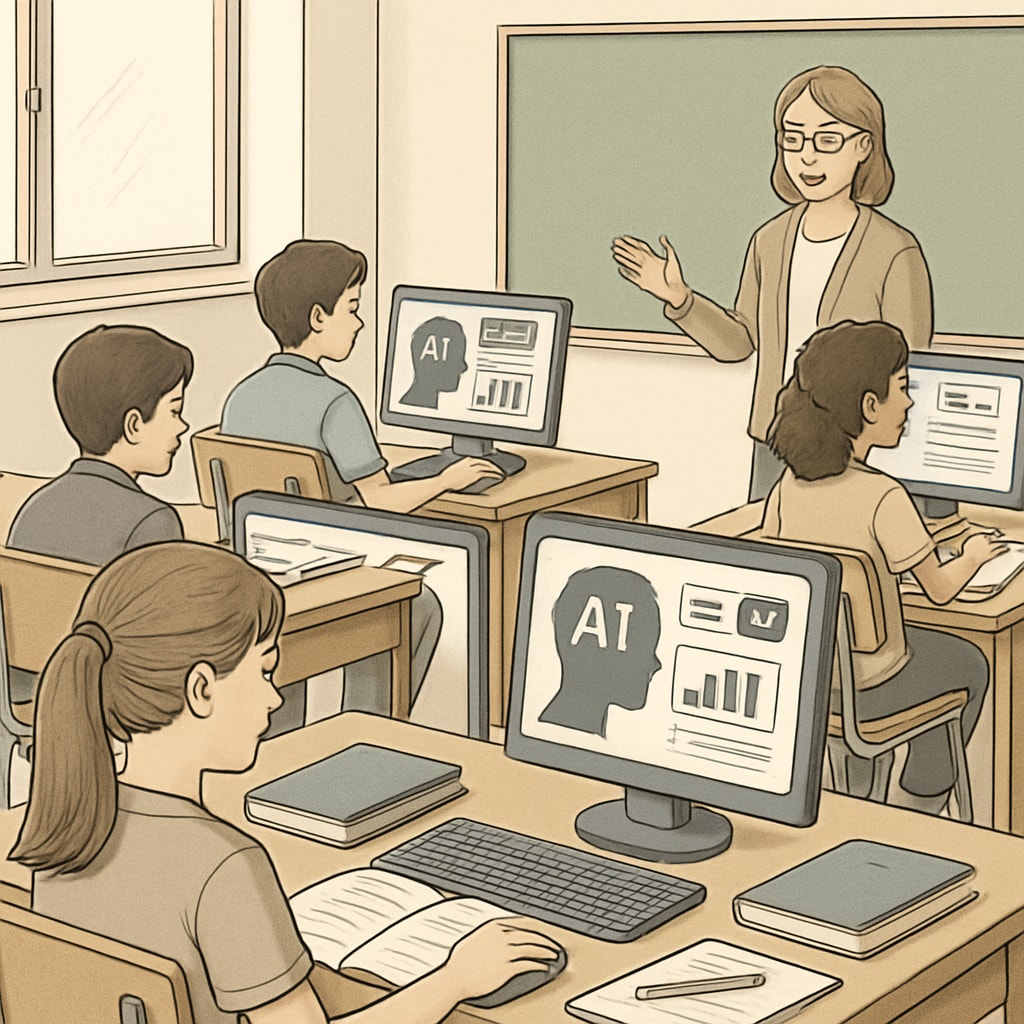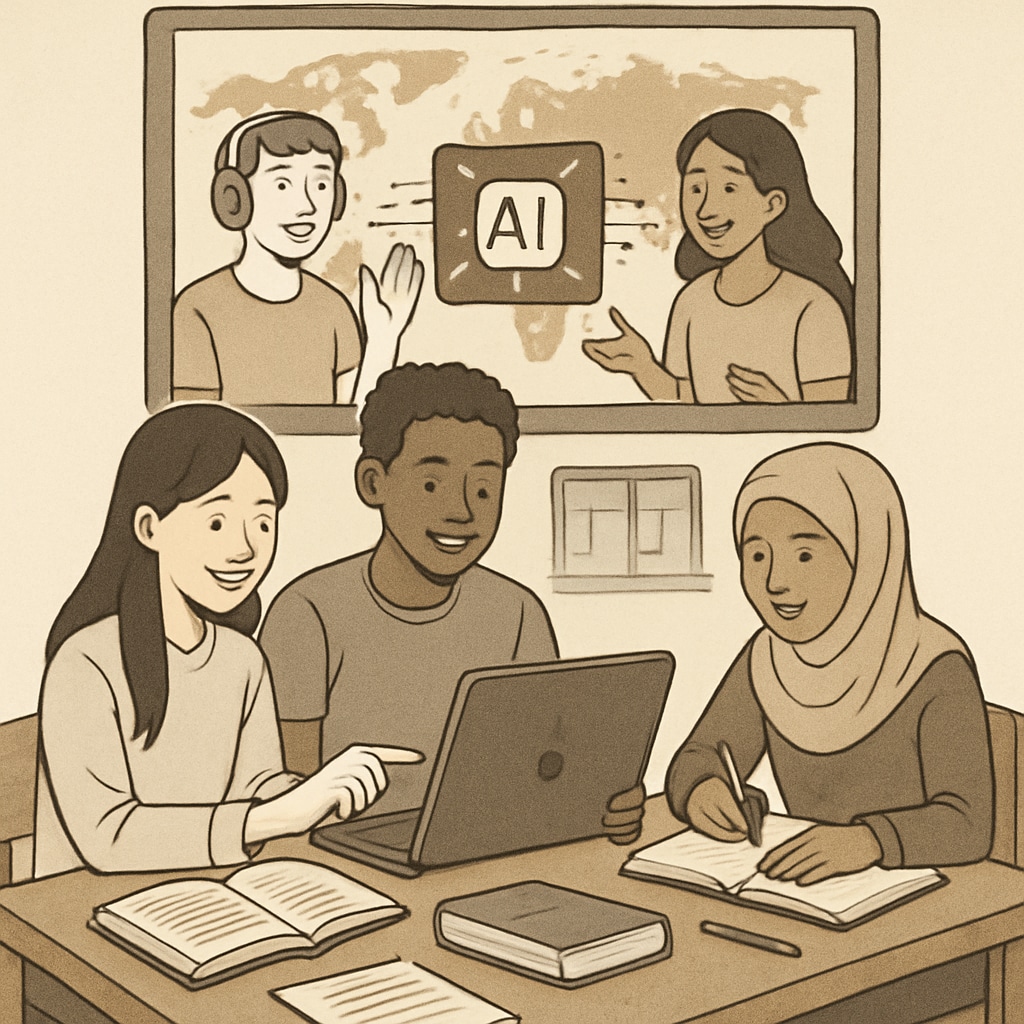Artificial intelligence (AI) is fundamentally transforming the landscape of K12 education, driving trends in personalization, adaptability, and globalization. As schools and educators embrace AI-powered tools, the future of education is set to undergo a major shift by 2030. This article delves into how AI is reshaping educational practices worldwide and offers a glimpse into the transformative changes expected within the next decade.
Personalized Learning: The Backbone of AI Education
One of the most profound impacts of AI in education is the rise of personalized learning. AI tools, powered by machine learning algorithms, can analyze individual student data to tailor educational content to their unique needs and learning pace. For example, platforms like Khan Academy are already leveraging AI to optimize lesson delivery based on student progress.
By 2030, personalized learning is expected to become the norm, allowing educators to focus more on mentoring and less on content delivery. AI tutors could offer real-time feedback, adapt to student performance, and recommend customized study plans, revolutionizing the traditional “one-size-fits-all” model.

Globalization and Access to Quality Education
AI-driven education is breaking geographical barriers, enabling students in remote or underserved areas to access high-quality educational resources. Platforms equipped with AI translation capabilities, such as Google Translate, are making global collaboration and learning more accessible than ever before.
By 2030, AI is likely to facilitate cross-border educational programs, connecting classrooms across continents. This globalization ensures that students worldwide have access to diverse perspectives, equipping them with skills to thrive in an interconnected world.

Preparing for Jobs of the Future
As industries evolve due to automation and AI, the nature of work is shifting dramatically. Education systems must adapt to prepare students for jobs that don’t yet exist. AI-powered career readiness tools, such as skill assessment platforms, are already guiding students toward future-proof career paths.
In addition, by 2030, AI will likely play a pivotal role in integrating STEM (Science, Technology, Engineering, and Mathematics) and soft skills training into curricula. Virtual reality (VR) and augmented reality (AR) tools—assisted by AI—can create immersive learning experiences, preparing students for careers in technology-rich industries.
Challenges and Ethical Considerations
Despite its potential, AI-driven education comes with challenges. Data privacy, algorithm biases, and unequal access to technology are critical concerns that need to be addressed. Governments and educational institutions must create frameworks to ensure ethical AI deployment.
For example, organizations such as UNESCO are actively working to promote equitable access to AI education, ensuring that advancements benefit all students, regardless of socioeconomic status.
Therefore, while AI promises a transformative future for education, stakeholders must remain vigilant about its ethical implications.
As we approach 2030, it’s clear that artificial intelligence will redefine the traditional boundaries of education. From personalized learning to global access, AI offers unparalleled opportunities to enhance the quality and accessibility of education worldwide. However, achieving this vision will require collaboration between educators, policymakers, and technologists to ensure a balanced and equitable implementation.


